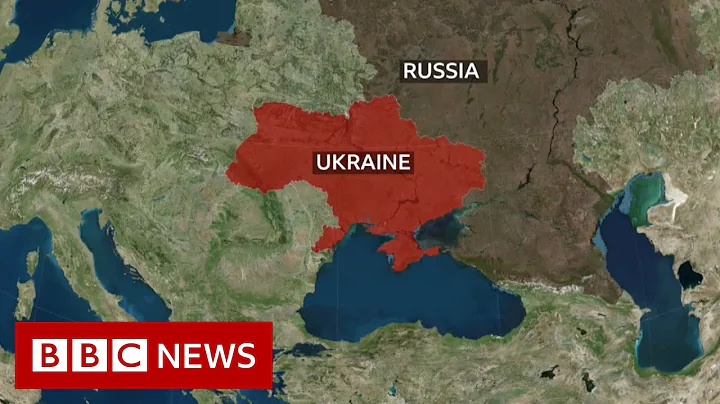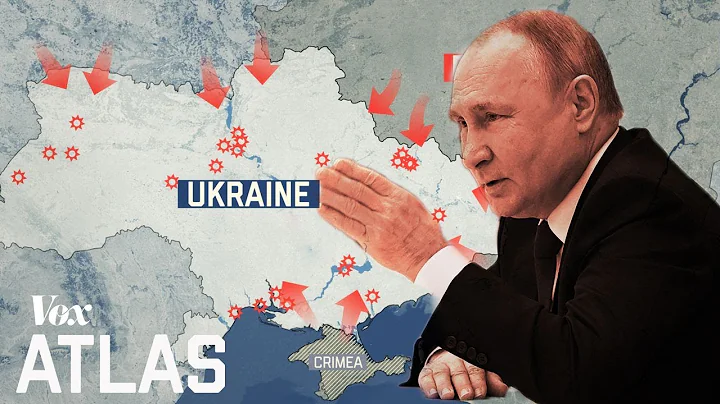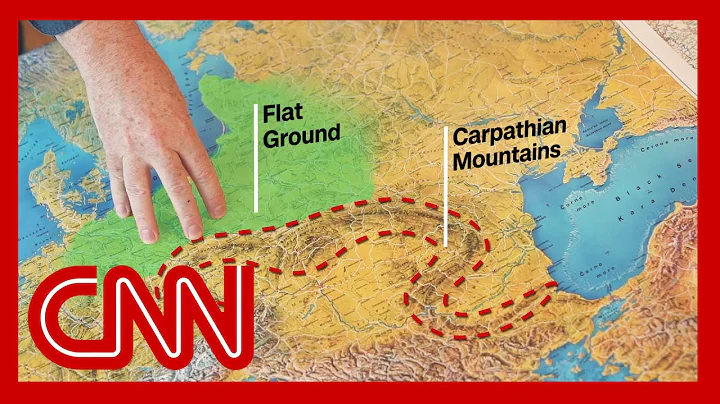The war in Ukraine has greatly changed the world structure and profoundly affected the country's diplomatic and security strategies. After all, this is the first large-scale military conflict between one sovereign country and another sovereign country in the 30 years since the end of the Cold War. After the war, how major countries, especially the United States, will formulate their own national strategies, especially security strategies, will depend on when and how the war ends.

Despite this, we can estimate that Western countries, especially the United States, have actively intervened in this war and have been promoting the evolution of the war. Their interests and values will undoubtedly face life-threatening challenges.
The United States has at least three vital interests in this conflict: great power relations with China and Russia, transnational threats such as climate change and epidemics, and maintaining a so-called rules-based order that benefits the United States. Estimates of the future are often undermined by unpredictable events, but nonetheless help policymakers gain a general sense of direction as they navigate the unknown. It is precisely based on this meaning that we can predict in advance how the United States will adjust its strategy after the Russia-Ukraine conflict.
Since 2017, the United States’ national security strategy has been focused on great power competition with China and Russia. The Sino-Russian partnership has reached a new height. And Europe's main security architecture, NATO , no longer appears to be "brain-dead" (in the words of French President Emmanuel Macron earlier). Russia, with its weakened economy and tarnished military reputation, now looks increasingly like a junior partner. Considering how to reintegrate post-war Russia into the international system is an attempt by the foreign policy of the United States and other Western countries, although this attempt seems ridiculous.
Even before the Russia-Ukraine conflict, the United States’ great power competition strategy had two problems. First, it conflates very different types of countries—a declining country and a rising country. As the world sadly discovered in 1914 and again this year, declining powers tend to be more accepting of risk. Russia is in the midst of demographic and economic decline, but retains vast resources to destroy everything from nuclear weapons and cyber weapons to the Middle East or the threat to its neighbors. The United States needs a new Russia strategy and does not want Russia to get too close to China.

The second problem with focusing on great power competition strategies is the lack of attention to the new threats to U.S. national interests posed by ecological globalization. Global climate change will cost trillions of dollars and could cause war-scale destruction. The COVID-19 pandemic has killed 1 million Americans - more than all our wars combined since the Civil War.
Some politicians have called the current situation a "new Cold War" and urged isolation and containment policies . But this historical metaphor distorts the strategic challenges facing the United States. In a real Cold War, where the United States and the Soviet Union had little bilateral commercial or social contact, containment would have made sense. Today, however, China is now the largest trading partner of more countries than the United States. The United States should decouple security risks from certain aspects of technology, but trying to restrict all trade with China would surely be too costly. The actual cost of the current U.S. sanctions against Russia on the world economy will pale in comparison to decoupling from China.
Furthermore, even if the fragmentation of economic globalization is possible or desirable, the United States cannot decouple ecological interdependencies that follow the laws of biology and physics, rather than the laws of politics. The war in Ukraine does not change these facts. A good strategy requires the United States to cooperate with China while competing as a strategic rival. As former Australian Prime Minister Kevin Rudd said, the goal of great power competition with China is not to completely defeat the existential threat, but to "manage strategic competition."
China is the world's second-largest economy, and some analysts believe that China's GDP (measured at market exchange rates) may surpass the United States in the 2030s. But China faces many economic, demographic and political problems. China's growth rate is slowing, total factor productivity is low, and the labor force peaked in 2015. Even with Russia, it accounts for only one-fifth of the world economy, while the United States, Japan, and Europe only account for half. In other words, even though the Ukraine war linked Russia to China, until after the Putin era, Western countries also tried to organize a so-called rules-based international order that could influence China's behavior. Sustaining these alliances will remain central to America's post-Ukraine strategy.

America cares about stability and order. When the United States talks about international order, it often refers to two things: the underlying distribution or balance of power, and the set of norms and practices that influence relations between states. By weakening Russia's hard and soft power, as well as China's soft power, the war in Ukraine has slightly altered what the United States sees as its strategic balance. Regarding normative order, the United States believes that the Russia-Ukraine conflict has destroyed the rules contained in the United Nations Charter after 1945, and most member states still retain the principled interests of sovereignty and territorial integrity. It remains to be seen how much damage has been done to the norms of the non-proliferation regime that have slowed the spread of nuclear weapons since 1968.
In short, after the war in Ukraine, the United States may further adjust its relations with Russia, especially changing its foreign strategy towards major powers. However, we must also note that history is always full of surprises and surprises. Many events could quickly destroy these favorable environments for the United States: Russia, for example, is using tactical strikes to strengthen its national security. The United States continues to adopt marginal and exploratory policies on the Taiwan issue. If the situation gets out of control, it may lead to large-scale decoupling of the world economy. As a hegemonic power, the United States' internal disagreements are constantly weakening its internal soft power and affecting its ability to reach consensus on foreign strategies.





















